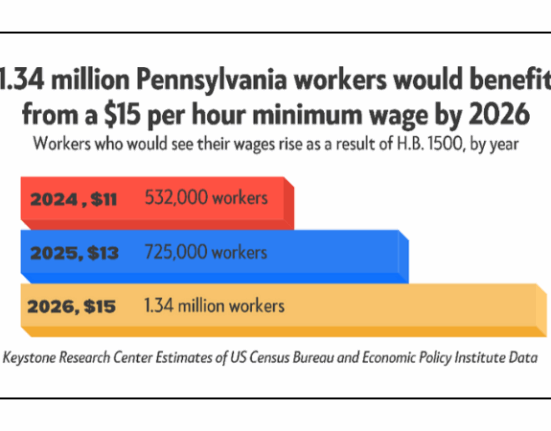Artificial Intelligence (AI) is not just a buzzword anymore; it’s a game-changer that could redefine the way we live and work. From curing cancer to reshaping economies, AI is at the forefront of technological advancements that promise both hope and disruption.
The recent quarterly results from chipmaker Nvidia shed light on the insatiable demand for AI technologies despite geopolitical challenges. With US-China trade tensions impacting potential sales, companies like Nvidia are still riding high on the wave of AI investments by tech giants like Microsoft, Alphabet, and Meta Platforms.
Telstra, Australia’s telecommunications giant, is also embracing AI as part of its strategic growth plan. CEO Vicky Brady highlighted the transformative power of AI during a recent industry summit in the US.
“The pace and scale of change is just phenomenal … this is real now,”
Brady emphasized, pointing to the shift towards ‘Agentic AI’ in Telstra’s operations.
But what exactly is Agentic AI? It refers to autonomous AI tools that can perform various tasks with minimal human intervention. These digital employees are revolutionizing industries by enhancing efficiency and customer experiences. However, this advancement comes with implications for job markets globally.
Dario Amodei from Anthropic painted a stark picture of a future where jobs might be automated while major breakthroughs like cancer cures reshape societies. As businesses pivot towards AI-driven strategies, concerns about job displacement loom large. Companies face tough decisions on workforce optimization amidst technological disruption.
Telstra’s cautious approach towards addressing job impacts reflects a broader trend in industries adopting AI solutions. While efficiency gains are evident, uncertainties remain about the extent of job replacements by automation. The balance between leveraging technology and retaining human capital poses challenges for companies navigating the AI landscape.
The evolving role of telecommunications providers like Telstra underscores the need for innovation to drive revenue growth amid competitive pressures. By harnessing data analytics and automation through AI, companies aim to streamline operations while delivering personalized services to customers.
Customer engagement lies at the heart of Telstra’s strategy as it seeks to leverage AI for operational efficiencies across its business units. The integration of AI into network management and service delivery presents opportunities for cost savings and enhanced user experiences.
As businesses transition towards digitized services enabled by AI, traditional models are being redefined to cater to evolving consumer demands effectively. The shift from conventional telecommunication paradigms towards agile software-driven platforms signals a new era in connectivity services tailored to individual preferences.
While uncertainties persist regarding job disruptions due to automation, industry leaders acknowledge the need for strategic workforce planning in an era dominated by technological innovations. The potential benefits of cost savings and customized offerings must be weighed against societal implications arising from reduced employment opportunities.
In conclusion, the age of Agentic AI heralds a transformative era where human-machine collaborations will shape industries across sectors. Navigating this landscape requires foresight and adaptability as companies strive to harness the full potential of artificial intelligence without losing sight of their human capital foundations.









Leave feedback about this